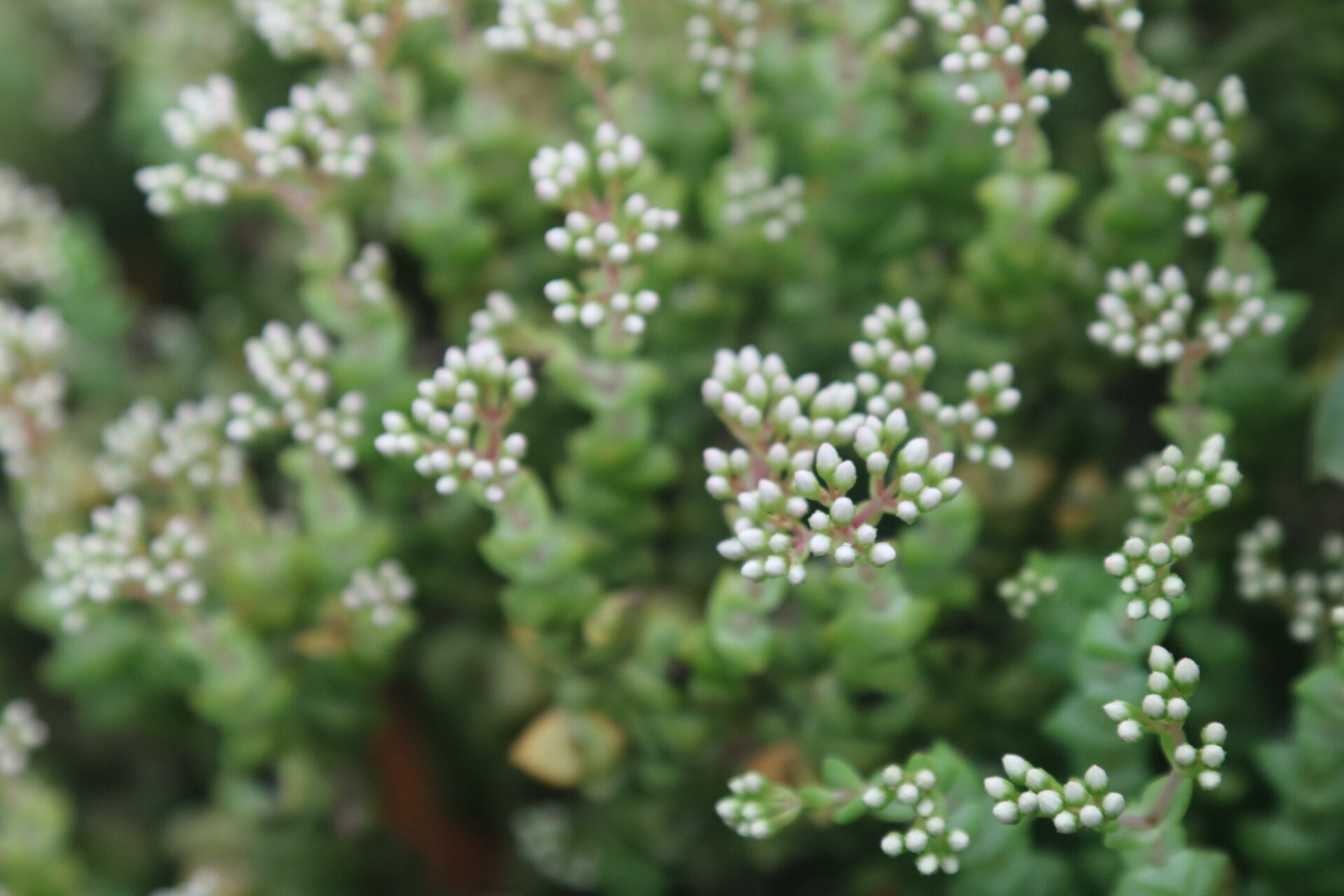Photo by Rose Cohen ‘22
by Abby Wester ’22
Fifty years ago, twenty million people across the United States took to the streets on April 22 to observe the first Earth Day, protesting environmental degradation and its effects on human health. As the nation was inspired and infuriated by the findings in Rachel Carson’s “Silent Spring”, Senators Gaylord Nelson and Pete McCloskey launched a college teach-in project, with the goal of informing students about air and water pollution. But as their idea gained traction and coverage, it turned into a nationwide demonstration including folks from all walks of life.
On the 50th Anniversary of the first Earth Day, the celebration was very different. As the COVID-19 pandemic continues to ravage the country, many of us recognized the environmental holiday while practicing social distancing, thus not in crowds of millions.
With all of the passion surrounding environmental issues fifty years ago, you would think that the power of the people would take hold and help better our ecosystems and human health. However, as I look around in 2020 while self-isolated from the outside world, I see that environmental issues have not gotten much better. And some have gotten much worse. Sure, more environmental laws are in place, more research has been conducted into these issues and public awareness has increased. But climate change has already begun affecting many regions of the world, and the Intergovernmental Panel on Climate Change (IPCC) has reported that in order to mitigate the worst effects of climate change, the world needs to cut greenhouse gas emissions drastically before 2030.
It has been additionally proven that environmental degradation and climate change do not affect everyone equally. The Environmental Protection Agency (EPA) released a study in 2018 that found particulate matter - a pollutant caused by fossil fuel combustion that can result in adverse human health outcomes - is disproportionately higher in communities of color and impoverished communities. And climate change is already affecting developing and impoverished nations, furthering global inequality.
With environmental injustice and the impending uncertainty of our global ecosystems, it is easy to feel overwhelmed and not know what to do to fix it. While it is important to do individual things that benefit the Earth, it is also important to understand that the security of our planet is above what one person can do on an individual level. Societal changes need to happen in order to right centuries of environmental wrongs.
Similar to the global pandemic we are all facing, it takes a whole society to change their habits, social distance and stay inside to reduce the spread of the COVID-19. One individual’s actions will not eradicate the virus, but the collective awareness and responsibility of society will help beat it.
It is not your individual job to solve all of the Earth’s environmental issues. But as a good world citizen, it is your job to understand them and the connected injustices. The first thing we can do is educate ourselves. Learn what environmental issues are important in your area, research local groups and see what you can do to get involved. Then educate those around you, because if everyone is involved on a local level, societal change can be achieved.

